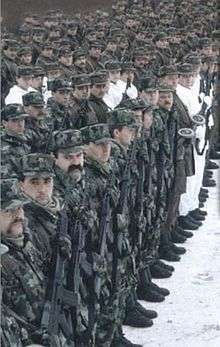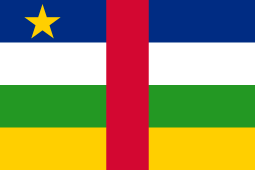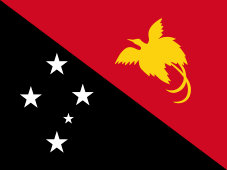SAR 80
| Rifle, 5.56 MM, SAR 88 / SR88 | |
|---|---|
|
The SAR 88 assault rifle | |
| Type | Assault rifle |
| Place of origin | Singapore |
| Service history | |
| Used by | See Users |
| Wars |
Sri Lankan Civil War Yugoslav Wars Somali Civil War[1] Kivu conflict |
| Production history | |
| Designer | Frank Waters |
| Designed | 1976-1984 |
| Manufacturer | Chartered Industries of Singapore (CIS, now ST Kinetics) |
| No. built | 20,000 (in Singapore), unknown number of exports |
| Variants | Standard, Grenade launcher |
| Specifications | |
| Weight | 3.7 kg (8.2 lb) (empty and without accessories) |
| Length | 970 millimetres (38 in), 738 millimetres (29.1 in) with butt folded |
| Barrel length | 459 millimetres (18 in) |
|
| |
| Cartridge | 5.56×45mm NATO |
| Action | Gas-operated, rotating bolt |
| Rate of fire | 600 round/min |
| Feed system | Various STANAG magazines |
| Sights | Iron sights |
The Singapore Assault Rifle 80 (SAR 80) is an indigenously built, conventional assault rifle from Singapore.
History and development
In the late 1960s, the Singapore Armed Forces (SAF) adopted the AR-15 as their main service rifle. Due to difficulties in obtaining the rifles from the United States, the Singaporean government purchased a license to domestically manufacture the M16 rifle, which was then designated the M16S1. However, the domestic rifle requirements were not sufficient to allow Chartered Industries of Singapore (CIS, now Singapore Technologies Kinetics) to economically maintain operations at its rifle factory. Export sales of the M16S1 were not a viable option. Due to the requirements of the license agreement, CIS had to request permission from Colt and the US State Department to allow any export sale, which they rarely granted.
In the early 1970s, Sterling engineers had developed their own 5.56 mm rifle design, the Light Automatic Rifle (LAR), but this had been shelved when Sterling acquired a manufacturing licence for the US-designed Armalite AR-18 assault rifle. While Sterling could not legally sublicense the AR-18, their LAR design was available.[2][3] As a result, the new Singapore rifle design closely resembled the LAR with certain AR-18 elements.
The successor to this weapon is the SR-88.
Users









See also
References
- ↑ Small Arms Survey (2012). "Surveying the Battlefield: Illicit Arms In Afghanistan, Iraq, and Somalia" (PDF). Small Arms Survey 2012: Moving Targets. Cambridge University Press. p. 338. ISBN 978-0-521-19714-4.
- ↑ The Sterling Years: Small Arms and the Men, James Edmiston, ISBN 1848844379
- ↑ Military Small Arms of the 20th Century, 4th Edition, by Ian V. Hogg and John Weeks, ISBN 0-910676-28-3,Ca 1981
- ↑ Berman, Eric G.; Lombard, Louisa N. (December 2008). The Central African Republic and Small Arms: A Regional Tinderbox (PDF). Small Arms Survey. pp. 82, 94. ISBN 2-8288-0103-9.
- ↑ Mikulan, K; Thomas, Nigel (12 Apr 2006). The Yugoslav Wars (1): Slovenia & Croatia 1991–95. Elite 138. Osprey Publishing. p. 49. ISBN 9781841769639.
- 1 2 Popenker, Max R. "SAR-80 (Singapore)". Modern Firearms. Archived from the original on 2006-06-19. Retrieved 2006-06-06.
- ↑ Alpers, Philip (2010). Karp, Aaron, ed. The Politics of Destroying Surplus Small Arms: Inconspicuous Disarmament. Abingdon-on-Thames: Routledge Books. pp. 168–169. ISBN 978-0-415-49461-8.
- 1 2 C. J., CHIVERS (January 25, 2012). "Somali Pirate Gun Locker: An Oddball Assault Rifle, at Sea". The New York Times. The New York Times Company. Retrieved 23 March 2013.
- ↑ Smith, Chris (October 2003). In the Shadow of a Cease-fire: The Impacts of Small Arms Availability and Misuse in Sri Lanka (PDF). Small Arms Survey.
- 1 2 Small Arms Survey (2015). "Waning Cohesion: The Rise and Fall of the FDLR–FOCA" (PDF). Small Arms Survey 2015: weapons and the world (PDF). Cambridge University Press. p. 201.